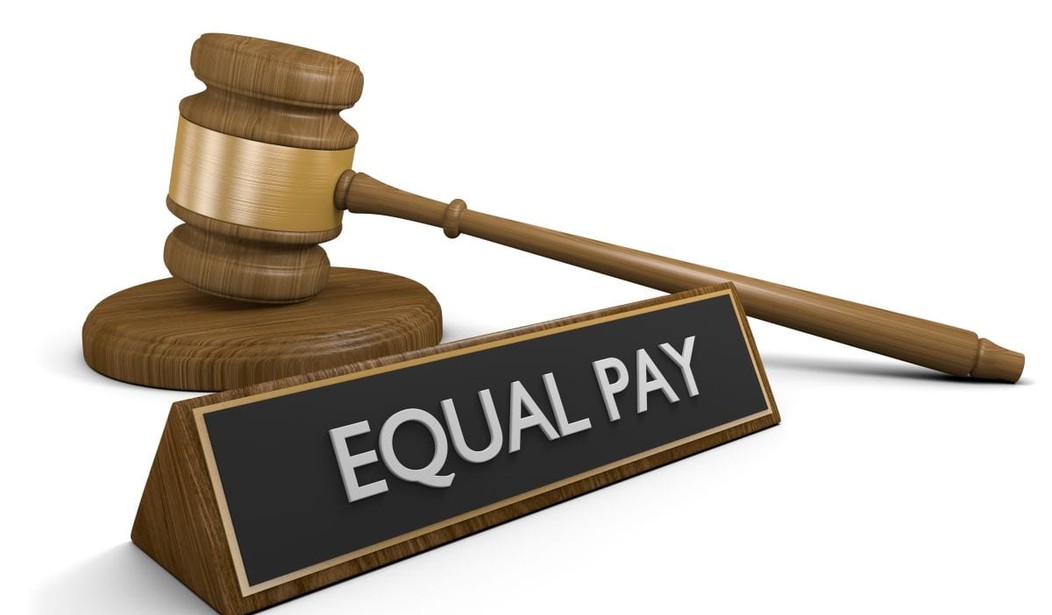The Equal Employment Opportunity Commission is planning to collect wage data on businesses with over 100 employees to correct what the agency characterizes as inequities in wages between white men and women and minorities.
The new policy, already drawing criticism from some business leaders, would order companies with at least 100 employees to add salary numbers on a form they already annually submit that reports employees’ sex, age and job groups. The new pay information would alert the EEOC to companies with significant wage disparities, which could result in lawsuits.
Oftentimes, folks are doing the same job and being paid differently,” Obama said in a speech at the White House. “The goal is to help businesses who are trying to do the right thing get a clearer picture of how they can ensure their employees are being treated fairly.”
During the updated data collection process, officials would not publicly name employers or employees, said Jenny Yang, chairwoman of the Equal Employment Opportunity Commission, which published the proposed rule with the Department of Labor. If disciplinary action is taken, however, companies found to write discriminatory paychecks could appear in public record.
For instance, if company data shows typical female managers earn, say, 25 percent less than typical male managers, the government may launch an investigation.
Since the White House established its Equal Pay Task Force in 2010, Yang added, the agency has collected from firms more than $85 million in employee-relief checks.
The EEOC also intends to turn the aggregated data into an annual salary report, showing the average pay for workers in different sectors and industries across the country, starting next year. The information, Yang said, would help managers assess how they set pay and inform employees during the negotiation process. If the new policy is enacted by its September deadline, the first report would be published a year later.
“Pay discrimination goes undetected because of a lack of accurate information about what people are paid,” Yang said at the White House conference. “Collecting this pay data would help fill a critical void we need to ensure American workers receive fair pay for their work.”
Be afraid. Be very afraid. A bunch of bureaucratic nincompoops who never ran a business in the lives – and perhaps never even worked in the private sector – are about to subjectively determine whether female manager “A” is being adequately compensated compared to white male “B.”
What if you have a male and female manager working at the same company? The male manager runs the shipping and receiving department, overseeing the work of 75 employees. The female manager runs the office, overseeing 30 employees.
The budget for shipping and receiving is 10 times the budget for the office. The shipping and receiving manager makes one third more than the female office manager.
Is this fair? Not according to President Obama and the EEOC. A manager is a manager is a manager. And that’s been the fear of business leaders for the 35 years that this idea has been floating around Washington: that the subjective criteria that will be used by the EEOC to determine if there is wage discrimination bears no relationship with the reality of running a business.
And how do you assess and compare jobs that are unrelated? Is a truck driver more important and productive than a secretary? Is a machinist more valuable than a quality-control worker? By definition, decisions of this sort will be based on entirely subjective notions of “fairness” and “equality.”
All the more reason to fight this new rule.










Join the conversation as a VIP Member